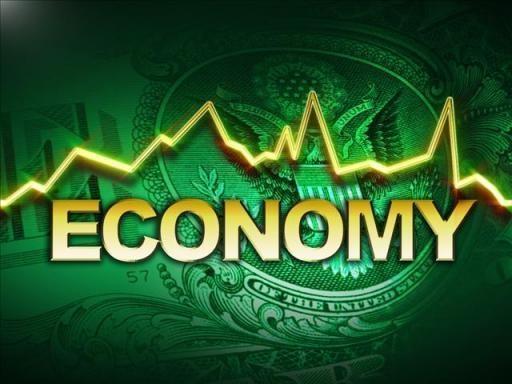Market Data

December 7, 2017
Beaulieu Forecast Calls for Good First-Half 2018
Written by John Packard
Economist Alan Beaulieu of ITR Economics spoke at the HARDI annual meeting where he advised HARDI wholesalers to expect good results during the first half of 2018. After that, there will be a slowing in the rate of growth that will continue into 2019.
He told the group that 2019 could be a test year for the U.S. economy. It will also pave the way for the “roaring twenties” after which we then transition into a Great Depression by 2030. Remember the tens of trillions of dollars in debt the U.S. Congress has been building over the past 40 years? Payback time will result in the Great Depression.
Before fretting about 2030, companies will have to prepare for the “roaring twenties,” which Beaulieu said will be a good decade for business.
Beaulieu forecast industrial production to be +2.2 percent in 2017, slowing to +1.1 percent in 2018 before dragging in 2019 at -1.1 percent.
He told the audience that there is “no long-term benefit from the tax bill. We are still on track for a 2030 Great Recession” (later he corrected himself saying 2030 would be the date for the Great Depression).
Beaulieu believes President Trump understands that tariffs are bad for the economy. “History shows that if there is a tariff of 20 percent, producers will raise prices by at least 15 percent.”
He said promoting the “made in America” program is harmful to the economy in the long haul. “Competition makes us better,” he told the HARDI audience. Although he did qualify that statement saying he was not speaking about “dumping” of foreign products into the United States.
Beaulieu told the 1,200 attendees they need to be actively involved in searching for quality talent. “The more money you spend on HR [human resources], the better off you will be in the future.”
He identified three types of problem employees: “The fired, quit and just stopped showing up.” The “stopped showing up” is a new category as some individuals will walk away from money owed if they don’t like the job.
When asked by a millennial in the audience what he should be doing to prepare for the Great Recession, Beaulieu first corrected him by saying 2030 will be a “Depression” not a recession. He then went on to say millennials (and companies) should borrow what they can now because they will be able to pay the loans back with cheaper dollars due to inflation. He told the baby boomers they should help their children buy a house which, by 2030, could be paid off. He also advised millennials who are not yet married to find a spouse with a job in a different cycle than theirs so there will be at least one household income when the Depression hits.
He advised the group to remain in the stock market until the late 2020s at which time investors should move into foreign treasuries (Australia, Canada). The latter part of the Depression (2035-2037) will be the time to buy stocks and real estate, both of which will appreciate, he said.
He then counseled the millennial who asked the question, “If you screw this up, you will be miserable,” to the amusement of the crowd.
Beaulieu also advised that the chances of war with North Korea are slight and a conventional war would not change his forecast.
One positive for the U.S. is that China is moving back toward the state-owned enterprises model. This promotes inefficiencies and will hurt China as a competitive rival.
Dr. Beaulieu will be speaking at Steel Market Update’s 8th Steel Summit Conference at the Georgia International Convention Center in Atlanta on Aug. 17-29, 2018.







